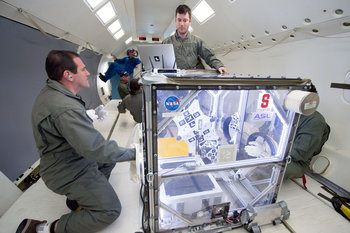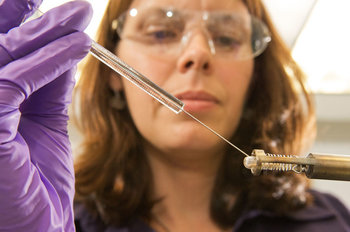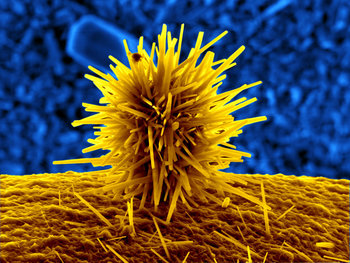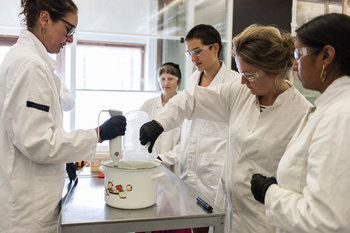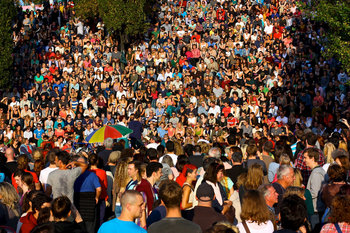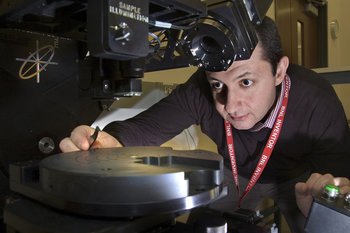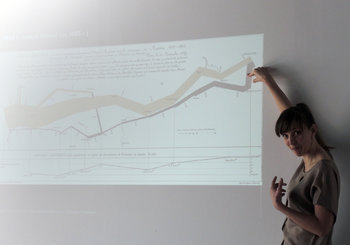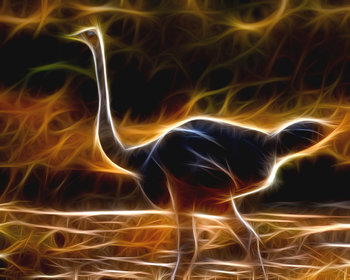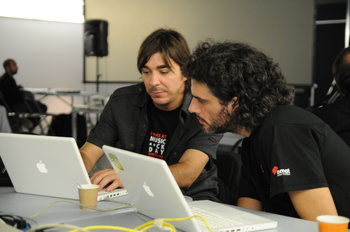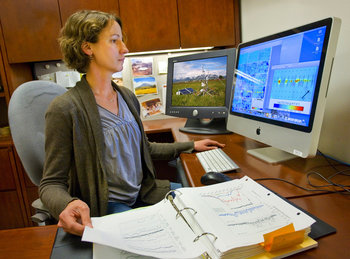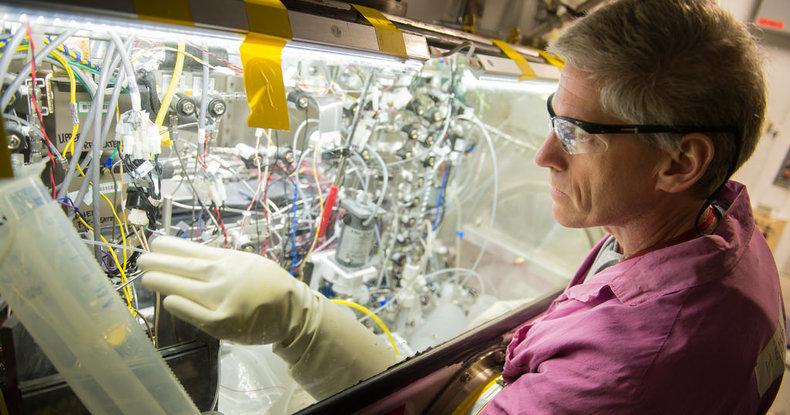
Senses
All empirical evidence processed by the human mind is perceived via senses such as sight, hearing, taste, smell and touch. In addition to these major senses humans are known to have other senses such as mechanoreception that allows us to feel vibrations.Sensors
Machines have devices that are analogous to the human senses known as sensors that are able to record the physics of the universe. Sensors can record things that are imperceptible to humans such as light outside the visible spectrum. This can be translated to numbers, textual data and visualizations that can be understood by people.Quantitative Information
Information that is collected using standard measurements that are known to produce consistent results such as a calibrated scale for weighing things.Qualitative Information
Information that doesn't directly map to a numerical value such as an observation of the color of a flame. Qualitative information is often based on human observation. For example, a patient who rates their symptoms on a scale. Qualitative information can vary from one observer to the next.Experimentation
An experiment is a procedure that is carried out to support, refute or validate a hypothesis. Ideally, all variables are controlled and an experiment has repeatable procedures that can be independently verified by multiple observers. However, in many cases there are limitations to controls and repeatability such as a natural experiment that is outside the control of a researcher.Secondary Source
Empirical evidence that is directly observed is known as a primary source. Secondary sources of empirical evidence include any value-added processes that are based on primary sources such as descriptions, interpretations, inference, deduction, analysis, data processing, calculations, algorithms, heuristics, evaluation, aggregation, summarization and peer review. For example, sensor data from a weather station is primary empirical evidence and weather forecasts produced by algorithms or artificial intelligence are secondary sources of empirical evidence.| Overview: Empirical Evidence | ||
Type | ||
Definition | Information that is obtained by observation or experimentation. | |
Related Concepts | ||


